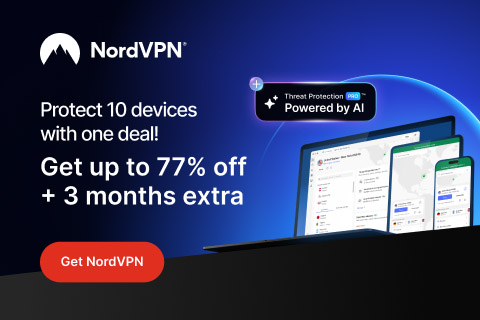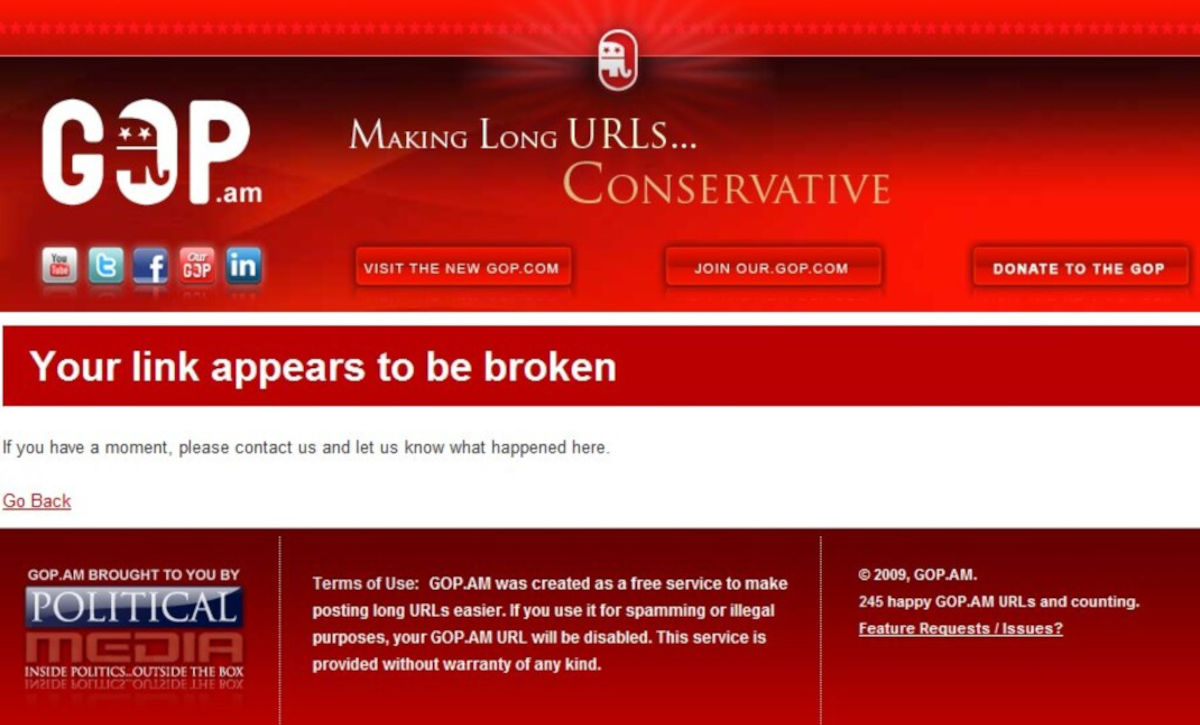URLs have always played a pivotal role in the way we access information and resources on the internet. But they're no longer the simple, practical tool they were at their inception. Their content can influence how well users can access to the information on the link's destination. The length of a URL especially, be it short or long, has gained increasing significance in recent years. This article aims to explore the advantages and disadvantages of both short and long URLs, offering insights into making the right choice in 2023.
- Short URLs: Advantages and Disadvantages
- Long URLs: Pros and Cons
- The Changing Landscape of Online Communication
- Use Cases and Best Practices

Short URLs: Advantages and Disadvantages
Definition and Characteristics
Short URLs are condensed versions of longer web addresses, often created through URL shortening services. They typically consist of fewer characters with a simpler structure, making them easier to remember.
Benefits of Short URLs
- Improved User Experience: Short URLs are easier to share. They dramatically lower the chances of typos and make it simpler for users to access the intended content.
- Aesthetically Pleasing: Short URLs look cleaner and are more appealing, especially for branding and marketing purposes. They can also be customized for those specific uses.
- Space-saving: In contexts with character limitations, like social media posts, short URLs are valuable.
Limitations of Short URLs
- Limited Descriptiveness: Short URLs often lack information about the content they lead to since they use the URL shortener's domain name. This can make it challenging to discern the link's destination. That's why tools like CheckShortURL exist to expand short URL.
- Dependency on External Services: Using URL shorteners relies on third-party services, which may pose risks if the service becomes unavailable or the link is redirected.
- Security Concerns: Short URLs can be used to hide malicious links, raising security concerns.
Long URLs: Pros and Cons
Definition and Characteristics
Long URLs are comprehensive web addresses that provide detailed information about the page or resource they lead to. They typically have a more complex structure with the main domain name at the beginning and lot more characters including special ones like - or /.
Advantages of Long URLs
- Descriptive: Long URLs can provide users with a clear idea of the content they are about to access, enhancing trust and transparency.
- Improved SEO: Search engines often favor descriptive URLs, which can positively impact your website's search ranking.
- Reduced Dependency: Long URLs are not reliant on external URL shortening services, ensuring the link's longevity.
Drawbacks of Long URLs
- Complexity: Lengthy URLs can be cumbersome to share, type, or remember, especially in offline contexts or when using QR codes. This makes the chances of the link being typed incorrectly and leading to an error page much higher.
- Aesthetically Unappealing: Long URLs can look cluttered and unattractive, potentially affecting branding efforts.
- Not Ideal for Character Limits: In platforms with character limitations, long URLs may need to be shortened for practicality.
The Changing Landscape of Online Communication
Influence of Social Media
The rise of social media platforms has greatly influenced the way we share and consume content. Short URLs are preferred on platforms like Twitter due to character constraints. Long URLs are more acceptable on platforms like Facebook, where there's little to no character limit.
Impact on User Experience
User experience is a crucial factor. Short URLs improve convenience and reduce the likelihood of errors, while long URLs enhance transparency and trust in the source.
SEO Implications
Search engine optimization (SEO) is another critical consideration. Long, descriptive URLs containing important key words can be more SEO-friendly. They can even boost your website's visibility in search results. However, the actual impact may vary based on other SEO factors.
Use Cases and Best Practices
| When to use... | Appropriate Situations |
|---|---|
| Short URLs |
|
| Long URLs |
|
Customization and Tracking
For both short and long URLs, consider customization to create branded links. Additionally, utilize tracking tools to monitor link performance, regardless of URL length.
The choice between short and long URLs in 2023 ultimately depends on your specific needs and goals. It's not a one-size-fits-all decision. When deciding what type of URL to choose, always consider the context in which it will be used. Think of your audience and your objectives when making this decision. In the ever-changing digital landscape, adaptability is key, and understanding when to use each type of URL will be crucial for your online presence. Ultimately, the right choice for you will depend on your unique circumstances and priorities.



